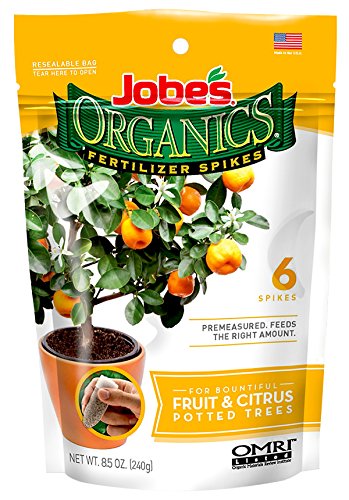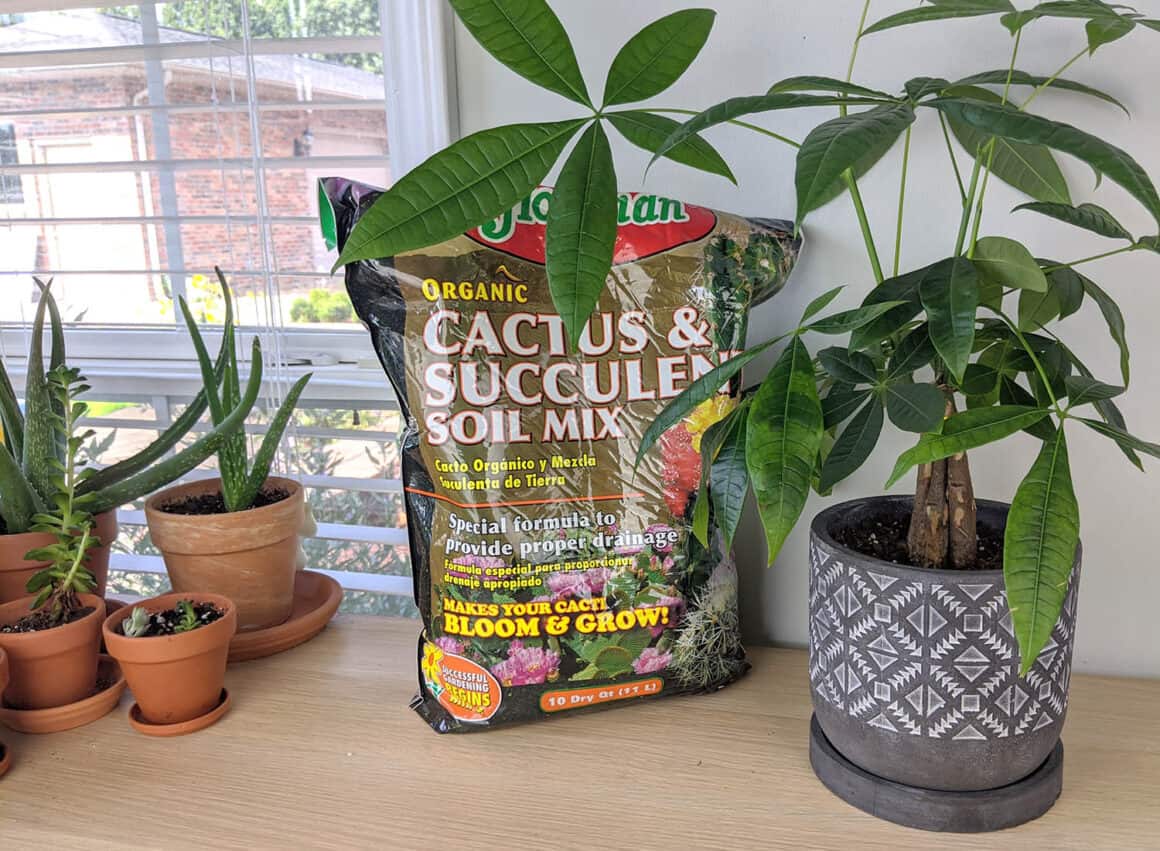Top 12 Best Soil For Lemon Tree In 2024
Gretchen Rubin Apr 19, 2024 2:16 PM
Growing citrus plants inside is a rewarding experience no matter where you live—in the tropics or the frozen tundra. One of the most important aspects of caring for citrus trees like limes, lemons, and kumquats is selecting the right potting soil. With the right potting soil, it's simple to supply your citrus tree with the water and nutrients it need. Continue reading to find out more about how to select the best soil for a lemon tree.

Compare Products
- SCORE9.4
- BrandMiracle-Gro
- Prime
- SCORE9.2
- BrandDr. Earth
- Prime
- SCORE9.0
- BrandDown To Earth All Natural Fertilizers
- Prime
- SCORE9.0
- BrandSoil Sunrise
- Prime
Last update on 2024-04-19 / Affiliate links / Images, Product Titles, and Product Highlights from Amazon Product Advertising API
Structural support
Plants are able to stand on their own thanks to the support provided by the soil.
Nutrient holding and exchange
Until a plant is ready to use a nutrient, it forms chemical connections with soil particles. In terms of nutrition, organic material and clay are the most potent.
Water holding
To a large extent, plant water uptake is determined by the soil composition.
Aeration
As important as it is to have soil, it is just as critical to not have any soil. Drainage and gas exchange are possible because of the air gaps between soil particles.
Mulch
With the right mulching and care, you can have lush, healthy lemon and hybrid lemon lime trees. The purpose of mulching is to keep the soil around the roots safe from erosion. It also keeps the soil moist while allowing the water to drain away from the area, preventing the formation of pools that could suffocate the roots.
When it comes to protecting lemon trees, organic mulch is the greatest option. Mulch made from organic materials is the greatest choice for recreating the natural surroundings that your tree craves. Mulch made of wood is an excellent organic option. In addition to being visually appealing, the slow decomposition process provides a consistent supply of nutrients to the soil.
Read more: Best Cappuccino Latte Machines
Composition
Lemon trees do best in loamy or sandy loam soils, but they may grow in practically any well-drained soil. Salty, heavy clay, and high caliche soils have a negative impact on tree growth, making them a poor choice for tree planting. Lemons also demand a pH range of 5.5 to 6.5 in their growing environment. If you want to raise the pH, use lime; if you want to lower it, use sulfur.
Moisture
Citrus fruits thrive in damp, but not swampy, soil. During the summer, water your tree every seven to ten days, supplying it with 4 to 6 inches of water per month. Between waterings, let the soil around older trees to partially dry. Overwatering lemon trees can lead to crown and root rots, while underwatering can cause flowers to fall off and less fruit to be produced.
Fertilizer
To maximize fruit output, lemon trees require regular applications of nitrogenous fertilizer during the growth season. 2 teaspoons of genuine nitrogen should be applied shortly before watering the tree twice or four times a year to trees two to three years old. Apply 2 to 3 pounds of nitrogen to mature trees each year by sprinkling the fertilizer over the root region, followed by a thorough soaking of the area. Your tree's health can be improved by feeding it a citrus supplement that contains a wide range of nutrients.
Lightweight and Well-Drained
In order for citrus trees to thrive, they must be planted in a light, well-draining soil. Citrus trees thrive in loose, non-compact soil because it allows them to absorb just the right amount of water without drowning them.
As a result, your citrus tree could die if the soil is very compacted or if it includes too many water-absorbing elements.
Because native soil can be excessively compact and have a different pH, it's crucial to know not to plant citrus trees in it (especially clay soils). Commercial potting soil, on the other hand, can be adjusted to fit the precise soil requirements of your tree.
Hardwood bark chips can be added to potting soil if it is too dense for your trees. By adding bark to the soil, you'll open up the soil's pores, improving ventilation and minimizing compaction. Over time, the bark will decompose and release nutrients into the soil.
Contains Inorganic Ingredients
A good potting soil should include vermiculite, peat moss and other inorganic elements like perlite, coconut coir and sand.
As the remainder of the water drains away from the soil, these elements might hang onto the water.
Because citrus plants cannot handle water-saturated soil, especially near their roots, the capacity of inorganic elements to hold moisture is critical. To avoid drowning your citrus trees, add these inorganic substances to your potting mix.
FAQS
What Soil pH Levels are Best for Citrus Trees?
Soil with a pH range of slightly acidic to neutral is ideal for citrus trees. A soil mix with a pH of 5.5 to 7.0 is ideal.
Soil with a pH of 6.0 or above is ideal for citrus trees, which include limes, Meyer lemons, kumquats, loquats, and oranges, among others.
Many nutrients are readily available to plants at this pH level.
How Planter Type Impacts Soil Choice?
The soil you chose is not affected by the type of planter you use.
An acidic, well-drained potting mix for citrus plants in ceramic, terracotta, and plastic pots is ideal.
Make sure your planter has drainage holes when you buy it. A well-draining potting mix isn't enough to keep your plants dry.
What's the difference between a Meyer lemon tree and a regular lemon tree?/
Meyer lemons are essentially a mix between a lemon and a mandarin orange, but the lemon tree is an original type of lemon.
Where should I place a Meyer lemon tree indoors?
If you plan to grow a Meyer lemon tree indoors, use a window that gets the most sunshine or use grow lights to augment it. Also, make sure your tree is situated in a warm, dry place free of drafts or frigid blasts of air. A little extra humidity can be a good thing if you already have a lot of it.
Conclusion
This information will help you select a potting soil for citrus trees that they will thrive in. You'll be better prepared to water and fertilize your plants if you plant them in good soil. Soil with an acidic pH should be chosen for the garden.













